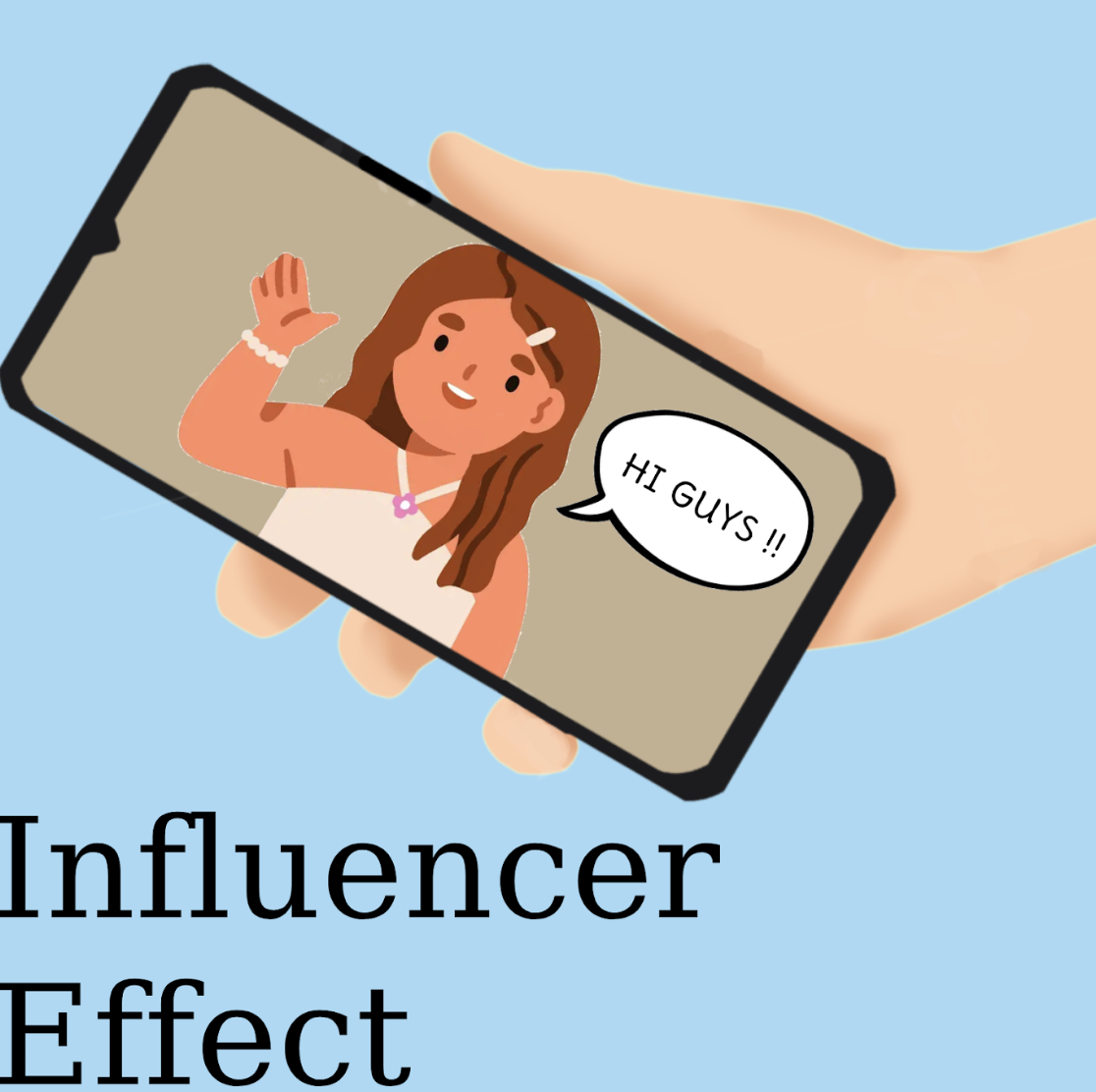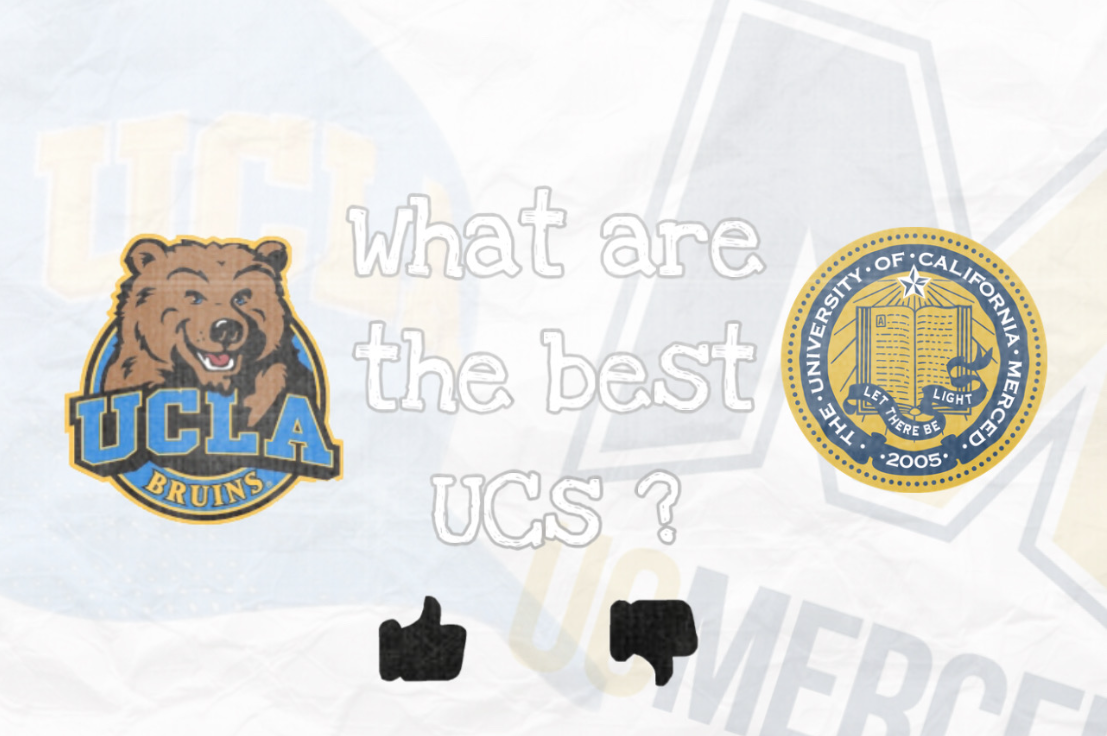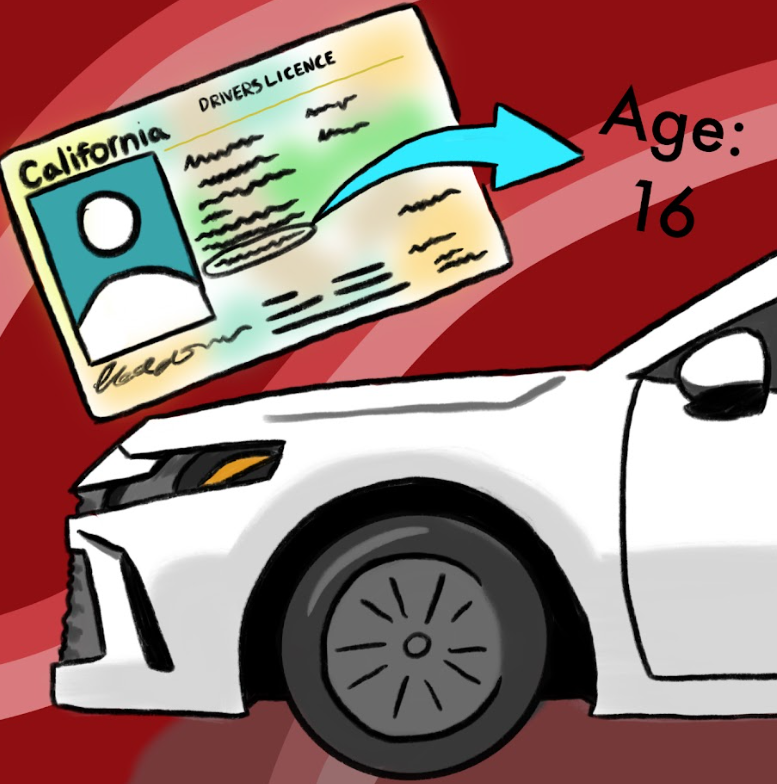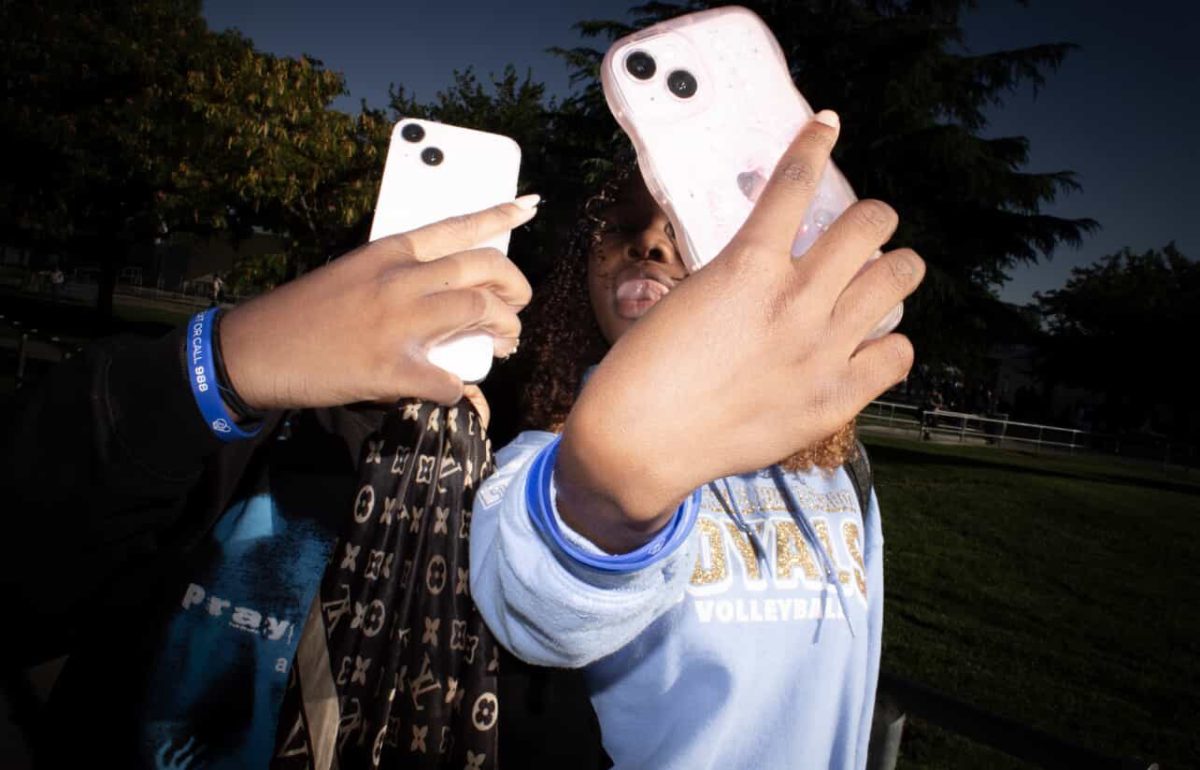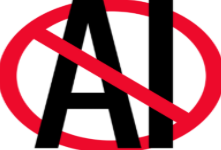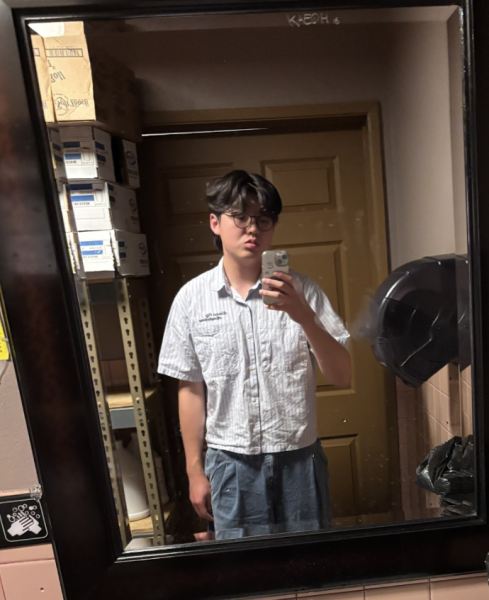Whether endlessly scrolling through TikTok or consuming long-form content on YouTube, social media influencers dominate these platforms with their consistent upload schedule and original ideas. As creatures of enjoyment, we know this very well as we consume mass content daily to experience the dopamine and personalized humor from our favorite creators. So whenever they inevitably decide to release their merchandise or branded products, we, as their fans, visit our nearest retailers to support them. Nonetheless, we should take a moment to ask ourselves about the influencer’s true motives in selling their items. Is it purely for the money incentive, or are they genuine in providing a style or service that improves our lives?
Influencers may be justified in selling their products just as much as other real-world businesses. Quartz Hill High School Junior Dylan Atallah said, “Influencers are by and large entrepreneurs who can create their products and sell them to their fans. All businesses worldwide are run by making profits from selling products, and influencers should be able to operate under the same principle. It is more important for us to decide if the products we buy are improving our lives or not.” While it is true that influencers should be given the same privileges as ordinary business owners to operate to maximize profits, there should be a distinction between regular businesses and influencers with greater power over an impressionable audience.
An impressionable audience is especially vulnerable to false advertising and promises. Quartz Hill High School Sophomore Benson Kwok says, “Once they start misleading their fanbases, that’s where they cross the line since they are taking advantage of them just to make a little extra money.” One group of influencers reported with such actions are the creators of the snack box Lunchly. YouTubers KSI, Logan Paul, and MrBeast marketed the product against their main competitor, Lunchables, saying that their product was a significantly healthier alternative. Even though Lunchly has fewer calories and total added sugar than its counterpart, many nutritionists and physicians said the difference was minuscule. Such marketing brings false promises to parents who would be more enticed to buy Lunchly for their kids, thus increasing total sales.
What can we do to protect ourselves?
According to QHHS Junior Miadelia Campos, “Influencer businesses are widely different from each other; some market items they truly believe in, and other times they are not very good.” With the knowledge that secret motives may exist within the products we buy from influencers, we should be able to make more informed decisions on what to buy. For clothing, buy merchandise you should genuinely wear, not just from the name attached. For snacks and drinks, a similar concept, they should be something inviting and delicious.
As an overall precaution, ask yourself, would you still buy the item if no name was attached? If not, you may also want to ask yourself how much they matter to you.



